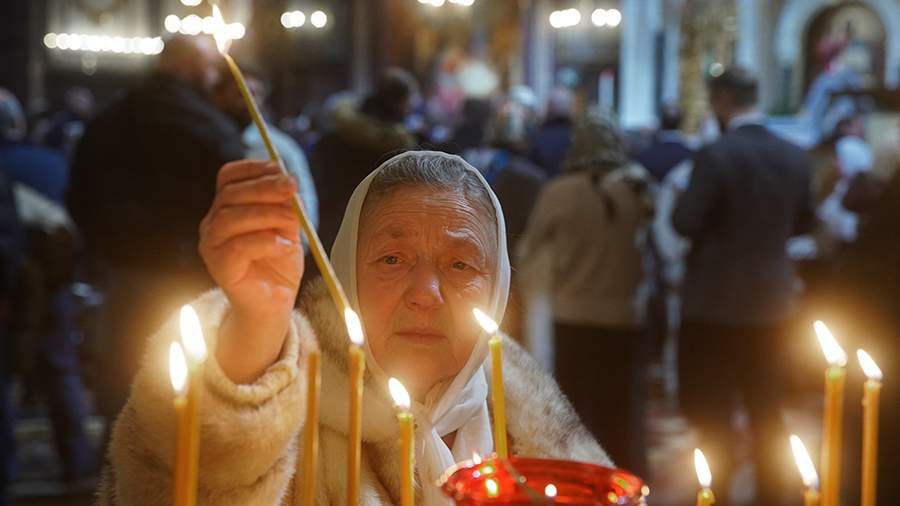April 17 is the feast of Joseph the Singer: traditions, signs, what can and cannot be done
- Новости
- Local news
- April 17 is the feast of Joseph the Singer: traditions, signs, what can and cannot be done

On April 17, the Church honors St. Joseph the Hymnwriter, the author of many religious hymns. He was popularly known as the Hymnist, as from that day on, crickets began to sing and cranes gave their voices. In 2025, the holiday is celebrated on Thursday. Read about the traditions and prohibitions associated with it in the Izvestia article.
What holiday is celebrated on April 17th?
St. Joseph the Song-Writer was born in the 1st century in Sicily during the reign of the Byzantine Emperor Leo the Armenian (813-820). This was the heyday of iconoclasm. Joseph's family, fearing persecution, was forced to move to the Peloponnese.
After moving to Greece, Joseph became a monk, leading a strict ascetic life. The young pious monk was noticed by St. Gregory the Decapolite and offered to go to Constantinople together. There, Christian ascetics preached in the squares, defending the veneration of holy icons.
Soon, Joseph was chosen as an envoy to the pope to announce the danger facing Orthodoxy. However, on his way to Rome, he was captured and imprisoned. Joseph was released six years later. He learned about his release from St. Nicholas, who appeared to him. The ascetic returned to Constantinople, where he began to write church hymns, and also built a church in the name of St. Nicholas. Later, a monastery was founded under her.
After the adoption of Christianity, the saint began to be revered in Russia. On icons, St. Joseph is often depicted as an elder, dressed in a mantle, with an unfolded scroll in his hand.
Joseph the Singer: traditions and omens
In the national calendar, the day of veneration of Joseph the Singer was called "Joseph the Singer." At this time, cranes were already flying in from warmer climes. These birds were considered protectors from evil spirits and bad weather. In addition, the return of the cranes symbolized the beginning of a real spring. People used to say, "The first swallow is not spring yet, but the crane brings real spring."
The Slavs also listened to the singing of the cricket. The insect's awakening meant that it was time to start working in the field. If there was no cricket, then it was still too early to plow the land.
As early as April 17, they called the alder viewing. On this day, the peasants went to the forest and examined the trees. Log cabins for wells were made from alder trunks, and the middle of spring was considered the best time for harvesting. The women harvested alder branches and bark, which were then used to make cosmetic and medicinal products.
And according to the flowering of the alder, they determined what the agricultural season would be. According to our ancestors, if there were a lot of catkins on the branches, it foreshadowed a good harvest of oats, and if there were a lot of cones— then barley. If the alder blossomed its leaves later than the birch, it foreshadowed that the summer would be dry and arid.
Joseph the Singer in 2025: what can and cannot be done
On a holiday, first of all, it is worthwhile to be attentive and careful about birds. Birds should not be caught, scared off, or driven from their homes. Such actions threaten the loss of luck and well-being.
You can devote a day to household chores: cleaning, cooking, washing. However, it is better to give up washing towels and bed linen. According to beliefs, this can bring back unpleasant memories and lead to melancholy. It is also better to postpone the purchase of new items for another day.
As on other holidays, it is forbidden to swear, swear, refuse alms and help other people. And since the celebration falls during Lent, it is necessary to continue to observe dietary restrictions and give up entertainment.
Earlier, Izvestia told about the history of the national holiday Gabriel Blagovest and what traditions are associated with this celebration.
Переведено сервисом «Яндекс Переводчик»


